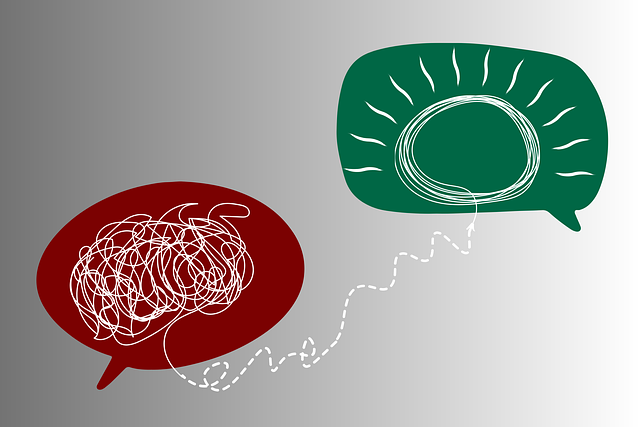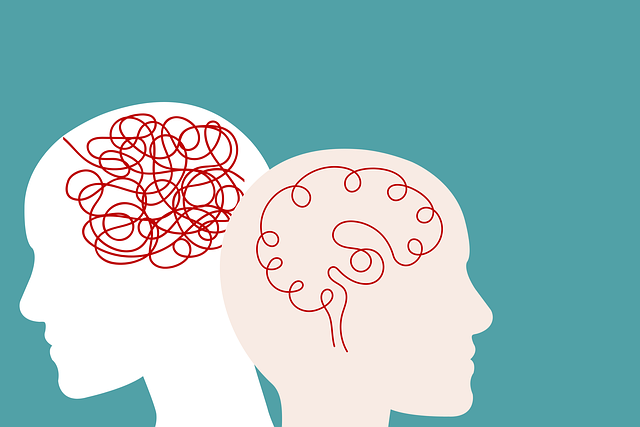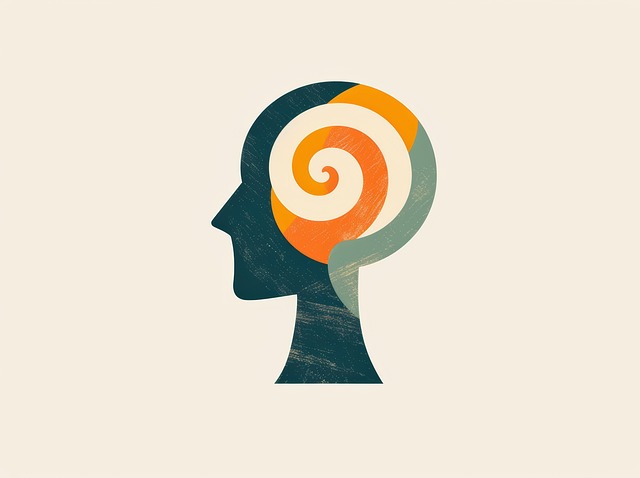Self-care is a vital lifeline for young adults, addressing anxiety, depression, and low self-esteem by providing emotional regulation tools. Its benefits extend to couples communication, leading to a growing awareness of therapy for young adults' specific needs. Effective communication in therapy overcomes barriers like defensive patterns and fear of judgment, fostering healthier relationships and improved mental health outcomes. Mindfulness practices, journaling, and open dialogue in couples therapy help manage stress and strengthen bonds. Facilitating open dialogue and teaching mindfulness meditation techniques not only improves communication but also acts as a burnout prevention strategy for both partners.
“Self-care practices are essential for young adults navigating the complexities of personal growth and relationships. This article delves into the critical aspect of self-care, exploring its profound impact on mental health and overall well-being. We discuss communication barriers in couples therapy, offering insights into improving open dialogue. Additionally, we provide effective strategies to enhance self-care routines and highlight the role of strong relationships fostered through honest communication. For young adults seeking guidance, these perspectives can revolutionize personal journeys.”
- Understanding the Importance of Self-Care for Young Adults
- Uncovering Communication Barriers in Couples Therapy
- Effective Strategies for Enhancing Self-Care Routines
- Building Strong Relationships through Open Dialogue
Understanding the Importance of Self-Care for Young Adults

For young adults, self-care is not just a trend—it’s a lifeline. As they navigate the complexities of adulthood, college, and career beginnings, many struggle with issues like anxiety, depression, and low self-esteem, often exacerbated by the pressure to succeed and the lack of established coping mechanisms. Recognizing and prioritizing self-care becomes crucial at this stage, as it equips them with essential tools for emotional regulation and stress management, two key aspects that therapy for young adults often focuses on.
Couples communication issues also play a significant role in this demographic’s mental health. Effective self-care encourages open dialogue within relationships, fostering an environment conducive to understanding and support. Workshops and organizations dedicated to confidence boosting through self-care practices have gained popularity, reflecting the growing awareness of these challenges among young adults.
Uncovering Communication Barriers in Couples Therapy

Uncovering communication barriers in couples therapy is a critical step towards fostering meaningful connections and enhancing relationships for young adults navigating mental health challenges. Many couples struggle with expressing their feelings, needs, and concerns openly, often due to past experiences, cultural influences, or unlearned coping mechanisms. These barriers can include defensive patterns, fear of judgment, or difficulty regulating emotions, hindering progress in therapy.
Effective communication is a cornerstone of successful therapy for young adults. Building resilience starts with creating a safe space where both partners feel heard and understood. Healthcare provider cultural competency training and mental health policy analysis and advocacy play a significant role in recognizing and addressing these barriers. By promoting understanding and empathy, therapists can guide couples to develop healthier communication styles, strengthen their bond, and ultimately improve overall mental health outcomes.
Effective Strategies for Enhancing Self-Care Routines

Self-care routines are essential for maintaining mental and emotional well-being, especially for young adults navigating complex personal and professional lives. Effective strategies involve integrating mindfulness practices into daily schedules. Techniques like meditation, deep breathing exercises, or yoga can significantly reduce stress levels and improve focus. Prioritizing self-reflection through journaling allows individuals to process emotions and gain valuable insights, fostering better understanding of their needs.
Additionally, establishing open communication channels is vital for addressing emotional challenges. Couples therapy, specifically designed for young adults, offers a safe space to explore relationship dynamics and resolve conflicts. Integrating crisis intervention guidance and conflict resolution techniques within these conversations can prevent burnout and strengthen bonds. For healthcare providers, adopting burnout prevention strategies alongside these self-care practices ensures they can better serve their patients while maintaining personal well-being.
Building Strong Relationships through Open Dialogue

Building strong relationships often requires open dialogue, especially when addressing couples communication issues that may have developed over time. For young adults navigating life’s challenges, this can be a powerful tool in their mental health journey. Therapy for young adults couples can facilitate meaningful conversations about feelings, needs, and boundaries, fostering understanding and intimacy.
Mindfulness meditation techniques encouraged during therapy sessions help partners stay present during discussions, promoting active listening and empathy. This approach not only improves communication but also acts as a burnout prevention strategy by encouraging emotional regulation and reducing conflict. Even a risk assessment for mental health professionals can highlight the importance of healthy relationships in fostering well-being, ensuring that both individuals involved are supported and heard.
Self-care is an essential aspect of overall well-being, especially for young adults navigating life’s challenges. By recognizing and addressing communication barriers in couples therapy, individuals can foster stronger relationships and improve their self-care practices. Implementing effective strategies such as open dialogue and tailored self-care routines enhances mental health and promotes a more balanced lifestyle. Understanding these interconnected elements is crucial for young adults seeking to thrive in both personal and professional spheres, ultimately leading to improved happiness and fulfillment. Additionally, addressing communication issues within relationships can act as a game-changer, creating a supportive environment that facilitates personal growth and self-actualization.














